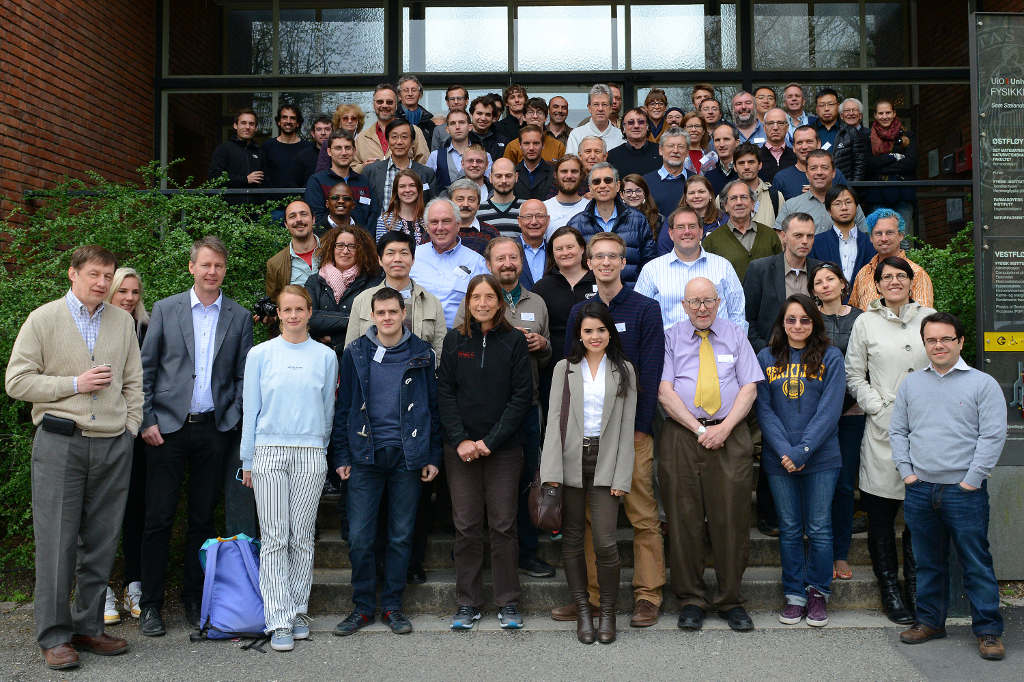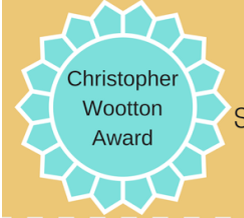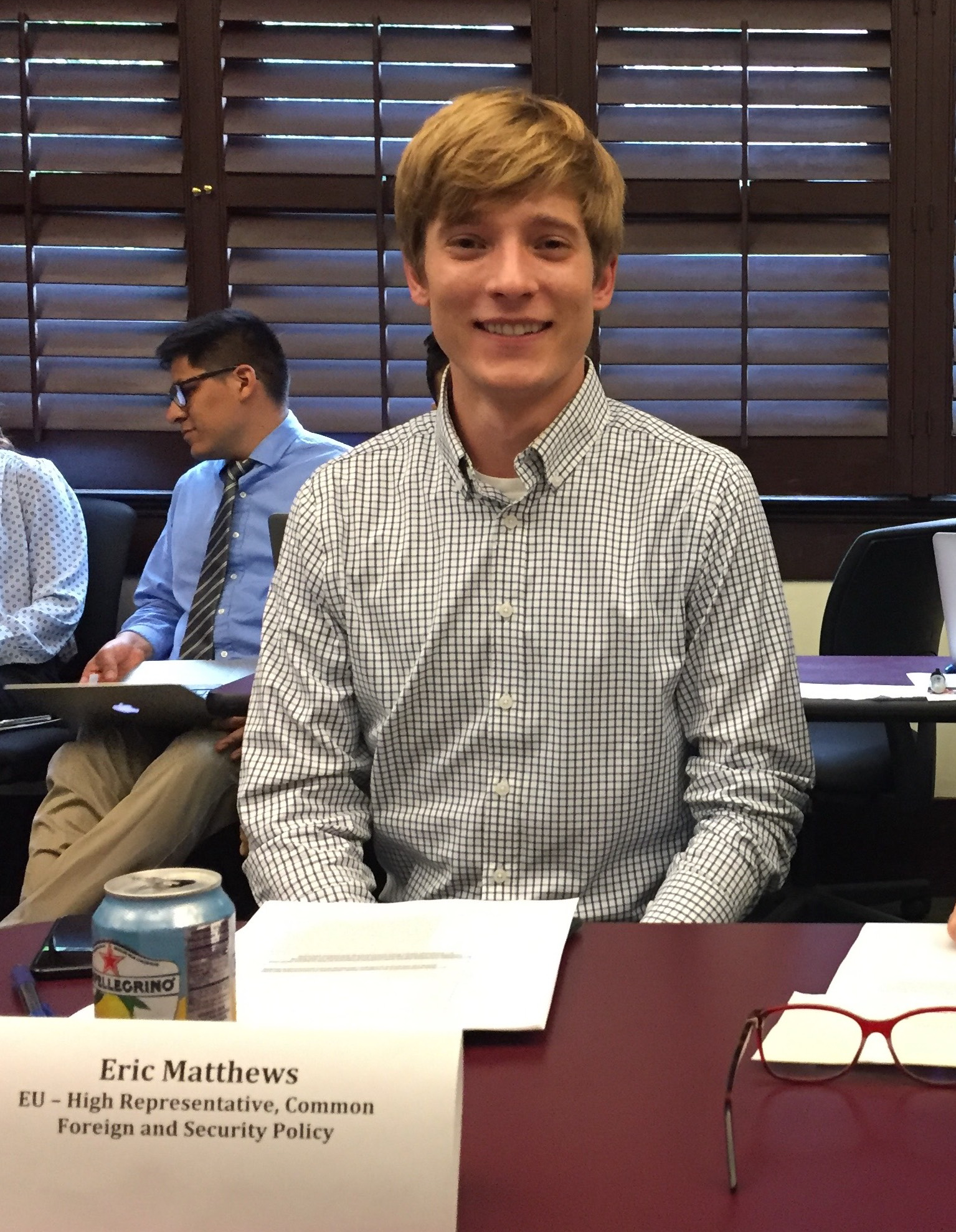The Network Science and Nuclear Nonproliferation Idea Challenge is offering a $2000 prize to the top paper (3 pages or less) on applications of network science to nuclear nonproliferation. Deadline is July 15, 2017. Further details can be found in the attached PDF..
Nuclear nonproliferation and proliferation detection encompasses many networks: mining, milling, conversion, enrichment, power generation, reprocessing, and storage. Financial, industrial, transportation, communications, sensor, knowledge, and accountancy networks all tie in, as do political, social, and professional networks.
Nonproliferation is a mesh of networks and interdependencies. The challenge is to formulate a problem in nonproliferation, proliferation detection, or treaty monitoring that could potentially be solved with a network science approach. The problem should be one that would be otherwise difficult to approach.
You don’t have to be a nonproliferation expert to have good ideas. Your common sense is a decent guide for many nonproliferation-relevant activities. There is good material about the nuclear fuel cycle and nonproliferation available on the Web.
Unlike most challenges (and courses), you’re being asked to formulate the problem as well as sketch the solution. Thinking of interesting problems and then framing them so they can be rigorously investigated is a central skill if you choose a career in research. This is a chance to exercise it.
Challenge: Ideas for applications of network science to nuclear nonproliferation, proliferation detection, or nuclear treaty monitoring and verification
Submittal: Three page white paper; shorter is better. PDF preferred. Submit to hart.kornell@simpleresearch.net
Format: Please make your first three sentences say what you want to do, why it might advance nuclear nonproliferation or proliferation detection, and how you’d goabout it. The ‘Heilmeier catechism’ is a good guide; no need to estimate cost.
Open: 15 March 2017
Close: 15 July 2017
Award: 15 August 2017
Challenge: Ideas for applications of network science to nuclear nonproliferation, proliferation detection, or nuclear treaty monitoring and verification
Scoring: Interestingness (60 points). Your idea should be something that would be very hard to do without a network science approach. Nonlinearities, cascades across interdependent networks, use of essential network characteristics, predictive power, all of these contribute. Who doesn’t love fractal subgraphs?
Plausibility (20 points). A plausible route must be outlined. The Heilmeier questions will help. If you assume access to a particular category of data, you’re stronger if you show the data exists. (‘Exists’ ¬ ‘should exist.’)
Testability (20 points). This includes not only confirmation testing but tests for hypothesis violation. Is there a null hypothesis to test against? Is there a baseline or control case? Could you run a sensitivity analysis against your key variables? How would you estimate false positives and false negatives? What evidence would tell you your idea doesn’t work?
Qualifications: Undergrads, graduate students, and post-docs from any NSSC, CNEC, or CVT school, and from UCSB and MIIS. There are no restrictions on country of origin or citizenship.
Fine print: Teaming is encouraged, particularly across departments/majors. Multiple ideas from one person (or team) are fine; one idea per white paper, though. Ideas become unrestricted property of the US Government. ‘Unrestricted’ means you can still do things with your ideas if you like. PDF of your white paper is the preferred submittal format. One award, $2,000 to the winning individual or team. Judges’ decision is final. Clear writing makes it easier for judges to focus on the quality of your idea. No award will be made if no submissions meet minimum standards.
Questions? Hart Kornell, korneljm@nv.doe.gov. General questions, nuclear fuel cycle, nonproliferation, proliferation detection, safeguards. Messages only; submittals with attachments to address on previous page.
Coaching/ CNEC: Prof John Mattingly for CNEC: john_mattingly@ncsu.edu
Advice CVT: Prof Sara Pozzi, pozzisa@umich.edu
NSSC: Dr Bethany Goldblum for NSSC: bethany@nuc.berkeley.edu
UCSB: Prof Ambuj Singh, ambuj@cs.ucsb.edu
Sponsored by Dept. of Energy Defense Nuclear Nonproliferation Research & Development office.
24
APR
Share




